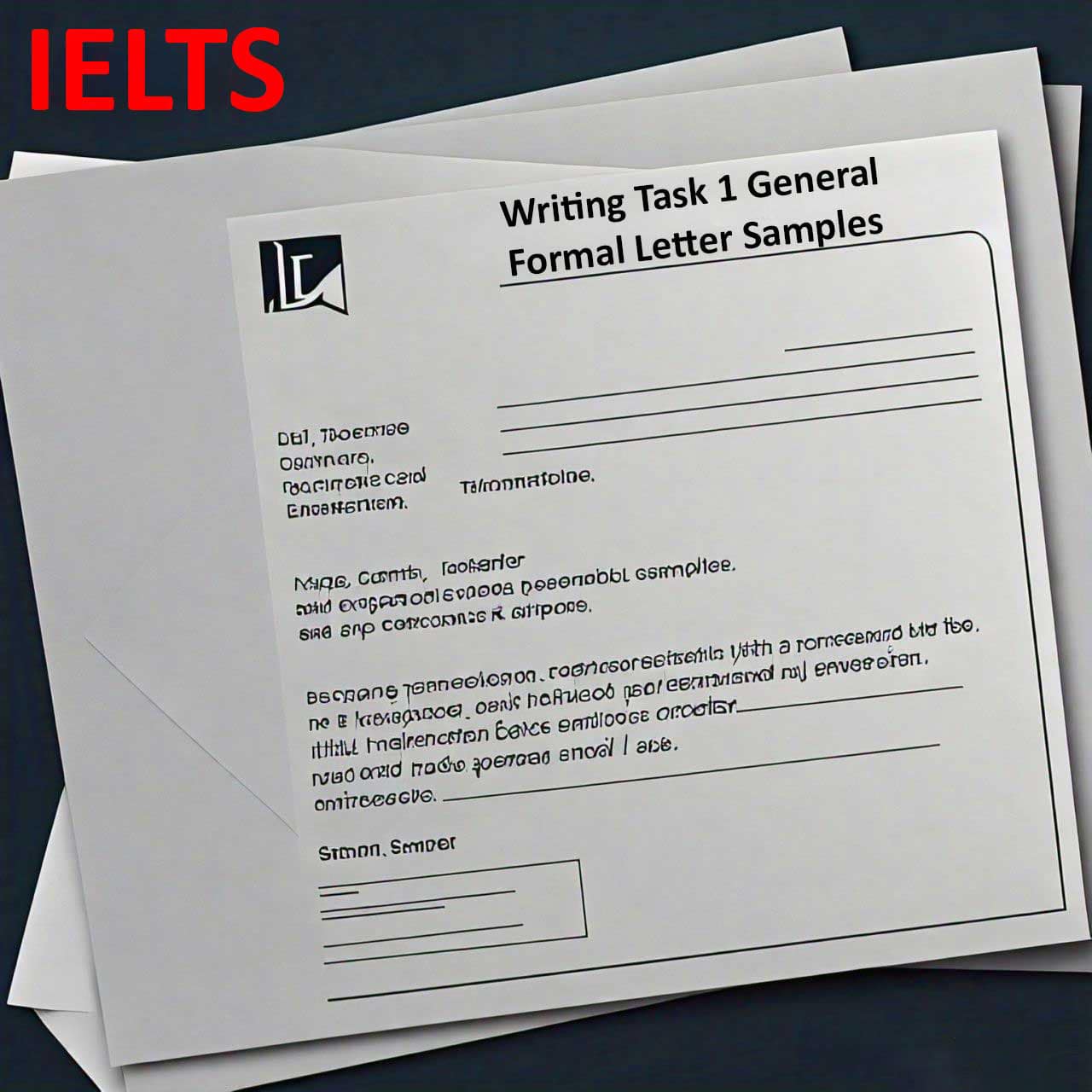The IELTS Writing test is a crucial part of the IELTS exam, designed to assess your writing skills through two tasks: Task 1 (describing visual information) and Task 2 (writing an essay in response to a point of view, argument, or problem). While many candidates focus on developing strong introductions and body paragraphs, the conclusion often receives less attention. However, a well-crafted conclusion is essential for a cohesive and impactful essay. Here’s a guide on how to write effective conclusion paragraphs for your IELTS Writing tasks.
Table of Contents
Why Conclusions Matter
The conclusion is your final opportunity to leave a lasting impression on the examiner. It should:
– Summarize your main points clearly.
– Reinforce your thesis or main argument.
– Provide a sense of closure.
– Demonstrate your ability to write coherently and cohesively.
A strong conclusion can elevate your essay, making it more persuasive and polished.
Structure of a Conclusion Paragraph
A typical conclusion paragraph for an IELTS essay should include the following elements:
1. Restatement of the Thesis
Begin by restating your thesis or main argument in different words. This reinforces your position and reminds the reader of your stance.
2. Summary of Main Points
Briefly summarize the key points discussed in your essay. This helps to consolidate your argument and ensures the reader understands the main ideas you have presented.
3. Final Thought
End with a final thought or comment that leaves a strong impression. This could be a recommendation, a prediction, or a reflective statement related to the essay topic.
Tips for Writing Effective Conclusions
1. Be Concise
Conclusions should be concise and to the point. Avoid introducing new information or arguments. Focus on summarizing and reinforcing what has already been discussed.
2. Use Linking Words
Use appropriate linking words and phrases to signal the conclusion, such as “In conclusion,” “To sum up,” “Overall,” or “In summary.” These phrases help to clearly indicate that you are wrapping up your essay.
3. Paraphrase
When restating your thesis and summarizing your points, paraphrase rather than repeat verbatim. This demonstrates your ability to use a range of vocabulary and grammatical structures.
4. Maintain a Formal Tone
Ensure your conclusion maintains the formal tone appropriate for academic writing. Avoid colloquial language or overly casual expressions.
5. Practice
Practice writing conclusion paragraphs for different essay topics. This will help you develop the skill of crafting effective conclusions quickly and efficiently under exam conditions.
Examples of Conclusion Paragraphs
Example 1: Opinion Essay
Essay Topic: Some people believe that the government should invest more in public transportation instead of building new roads. Do you agree or disagree?
Conclusion:
In conclusion, I firmly believe that investing in public transportation is a more sustainable and beneficial approach compared to constructing new roads. Improved public transport can reduce traffic congestion, lower pollution levels, and provide a cost-effective alternative for commuters. Therefore, governments should prioritize the development of efficient public transportation systems to enhance urban mobility and promote environmental sustainability.
Example 2: Discussion Essay
Essay Topic: Some people think that children should start school at a very early age, while others believe that they should begin at a later age. Discuss both views and give your opinion.
Conclusion:
To sum up, while starting school at an early age can provide children with an academic head start and foster early socialization, beginning at a later age allows for more emotional and physical development. In my opinion, a balanced approach that considers the individual needs of each child is most beneficial. Education systems should offer flexible starting ages to accommodate different developmental stages, ensuring all children have the opportunity to thrive.
Example 3: Problem-Solution Essay
Essay Topic: In many cities, there is an increasing number of people who do not know their neighbors. What problems does this cause? What solutions can you suggest?
Conclusion:
In summary, the growing lack of neighborly connections in urban areas can lead to social isolation and decreased community support. To address this issue, local governments and community organizations should promote neighborhood events and initiatives that encourage interaction among residents. By fostering a sense of community, we can enhance social cohesion and create more supportive and connected urban environments.
Final Thoughts
Crafting effective conclusion paragraphs is a vital skill for success in the IELTS Writing test. A strong conclusion not only summarizes your essay but also reinforces your argument and leaves a positive impression on the examiner. By following the tips and examples provided, you can develop the ability to write clear, concise, and impactful conclusions that elevate your overall writing performance. Remember, practice makes perfect, so keep honing your skills to achieve the best possible results in your IELTS exam. Good luck!



